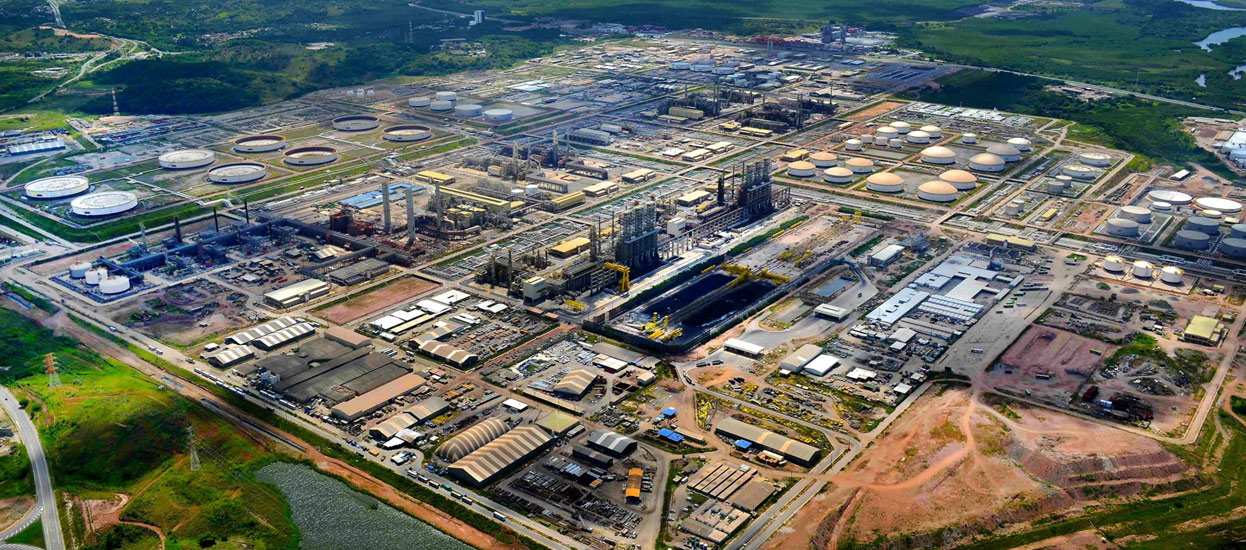Petrobras has decided to restart construction work on the second production unit of the Abreu e Lima Refinery, after nearly a decade-long hiatus.
With its potentially multi-billion-dollar budget, the project faces uncertainties ranging from costs to the completion timeline.
CEO of Petrobras, Jean-Paul Prates, recently confirmed the commencement of bidding for the second train of the refinery, offering seven contracts.
The company’s financial statement disclosed a R$1.9 billion (US$380 million) impairment for Q2, largely attributed to the refinery’s second train.
This was due to project reassessments, changes in discount rates, and currency fluctuations.

Petrobras emphasized the project’s resilience and positive Net Present Value (NPV), but did not provide further details.
According to Carlos Travassos, the company’s Executive Director of Engineering, Technology, and Innovation, contracts for the new construction phases vary in their stages.
This significant investment might potentially create 30,000 direct and indirect jobs.
Historically, the refinery’s construction faced delays and revisions, and was linked to corruption allegations during the Lava Jato Operation.
Costs escalated to over US$20 billion by 2014, up from an initial US$2 billion.
Experts highlight challenges in resuming the project, including competition from other sectors, a lack of skilled labor, and the intricacies of understanding the past work done.
Delays or cost overruns could impact the company’s ability to distribute dividends and make other investments.
The refinery, located near Recife, began operations in 2014 with its first train.
The second train aims to reduce imports by producing diesel to meet demands in the North and Northeast regions.
It’s anticipated to commence by 2027, adding roughly 13 million liters of low-sulfur diesel daily to the national output.
The pause in the project has been costly for Petrobras, as maintenance for the halted work is expensive.
Given the project’s past uncertainties, the refinery’s expansion is viewed as a significant challenge for the company.

